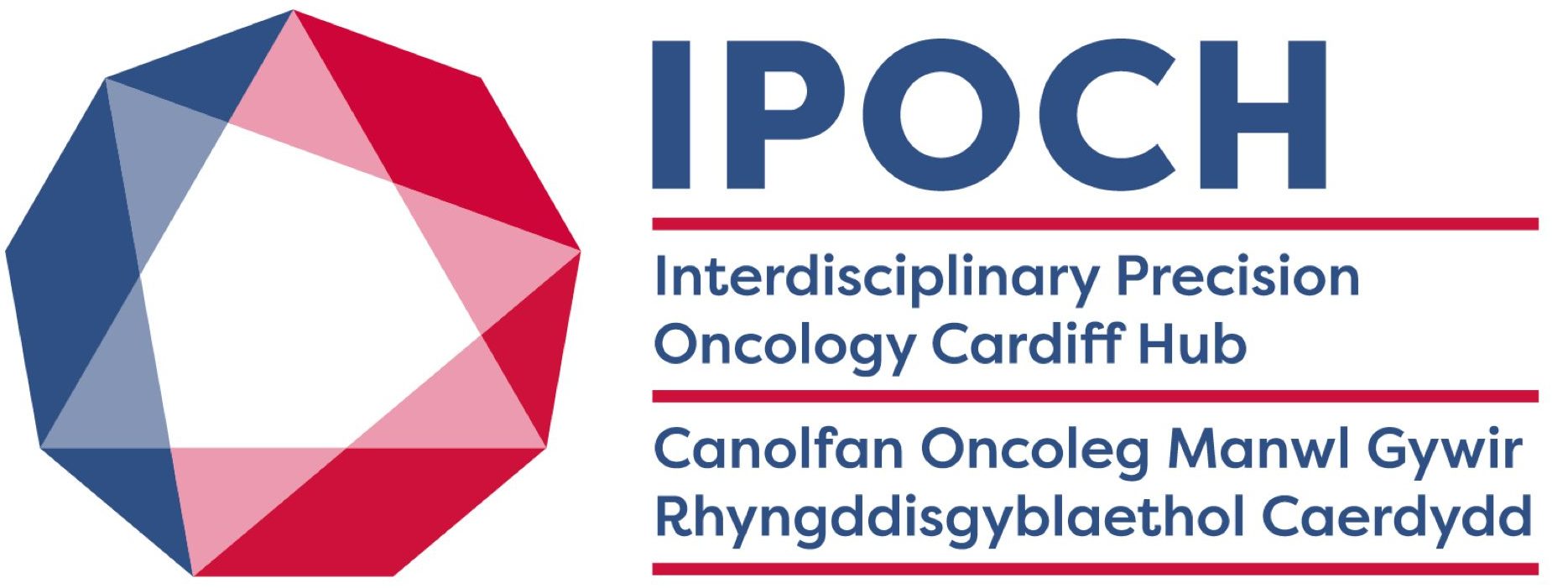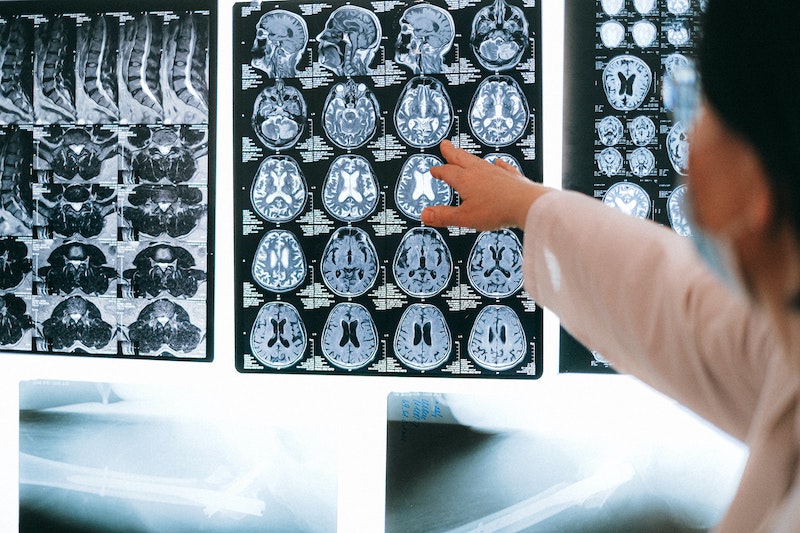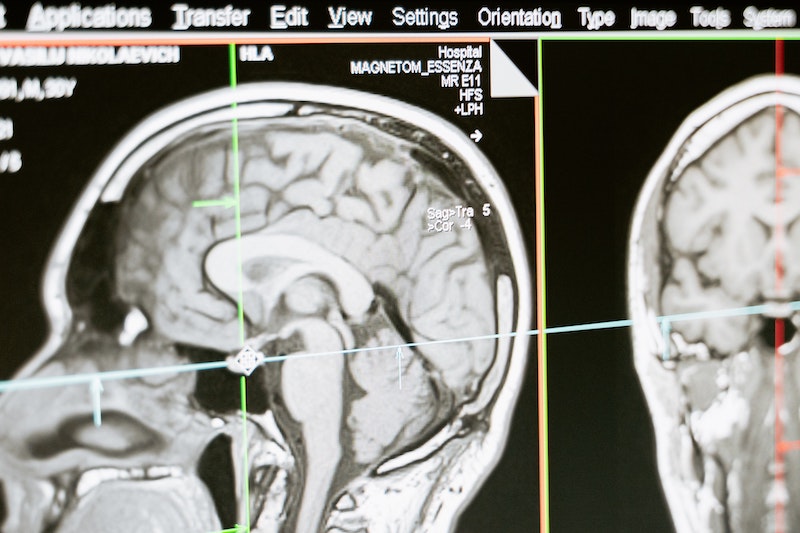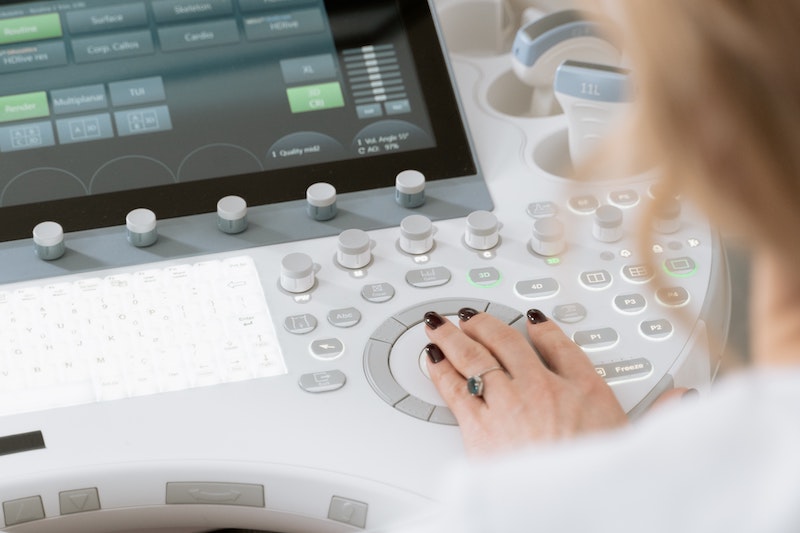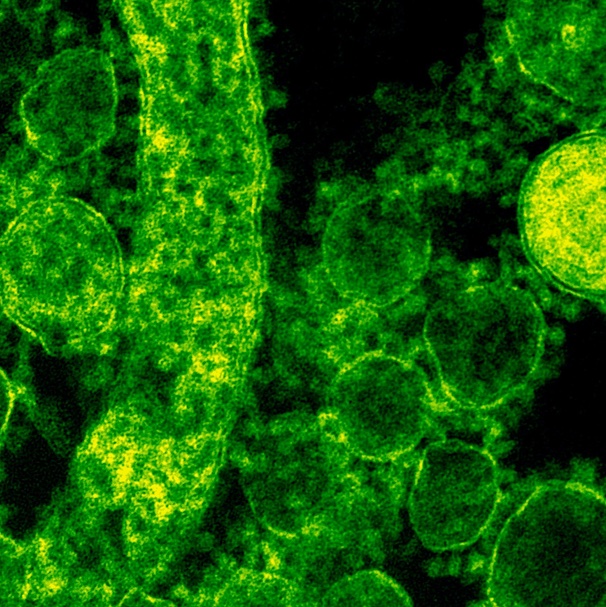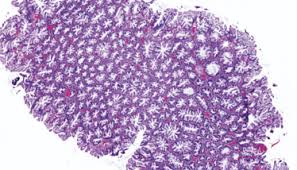Unifying Biomedical Imaging, Pathology and Genomics through Doctoral Training
The Cardiff University Hub in Interdisciplinary Precision Oncology (IPOCH) offers opportunities for post-graduate research students (PGR) to join our cancer research community as part of a joint flagship programme between the schools of Engineering, Computer Science and Medicine.



IPOCH will produce scientists and scholars with the interdisciplinary skills needed to lead Precision Oncology
Our PGR students will be provided with the skills needed to handle ‘omics’, imaging, and clinical phenotyping data at scale to drive innovation and improve medical decision making. PRGs will be guided by the collaboration of a significant network of NHS and industrial partners. IPOCH will give trainees the opportunity to access state of theart facilities, the digital ecosystem, and the wide range of know-how in oncology applications of the members of the consortium. Uniquely this cohort will be able to work with clinicians and software engineers alike
Post-Graduate Research studenships
Cardiff University is a member of the Russell Group, a group of 24 leading UK research-intensive universities.
Alumni
Postgraduate
Students


Precision oncology takes a tailored approach to cancer care by developing treatments that target an individual’s tumour. It favours a unified approach to image and genomic data analytics, combined with an appreciation of big data and AI approaches underpinned by a robust understanding of data integration including data security and data ethics. Precision oncology takes advantage of new developments in biomedical medical imaging and omics technologies that will increasingly impact on radiology, oncology, and pathology departments.
Strategies tailored to the unique biology of a patient’s disease range from the use of targeted therapies to the use of data from next-generation sequencing to select treatments independent of cancer-type. Hence precision oncology is characterised by the need to handle large and diverse oncology datasets across a range of domains from digital imaging and pathology to spatial genomics; and incorporating patient information. The resulting data presents substantial management and research challenges demanding advanced research skills and an interdisciplinary approach. IPOCH addresses the growing need to increase knowledge and skills in this area.
